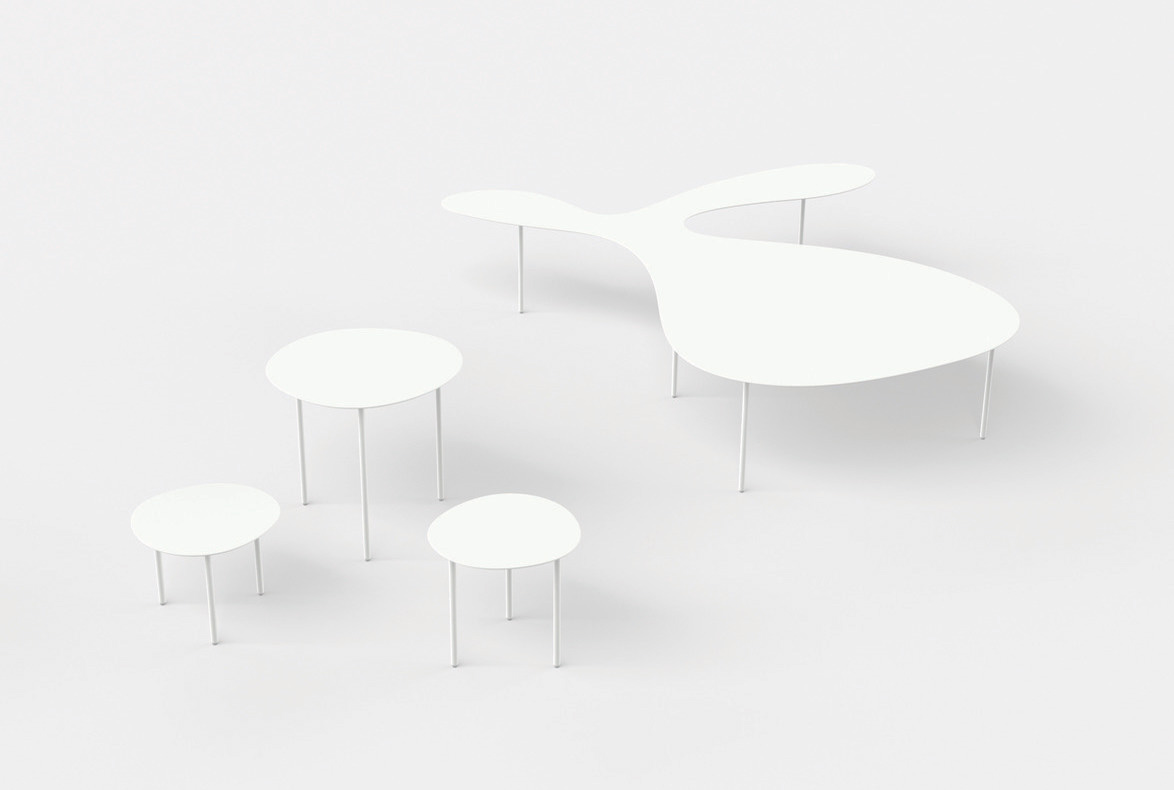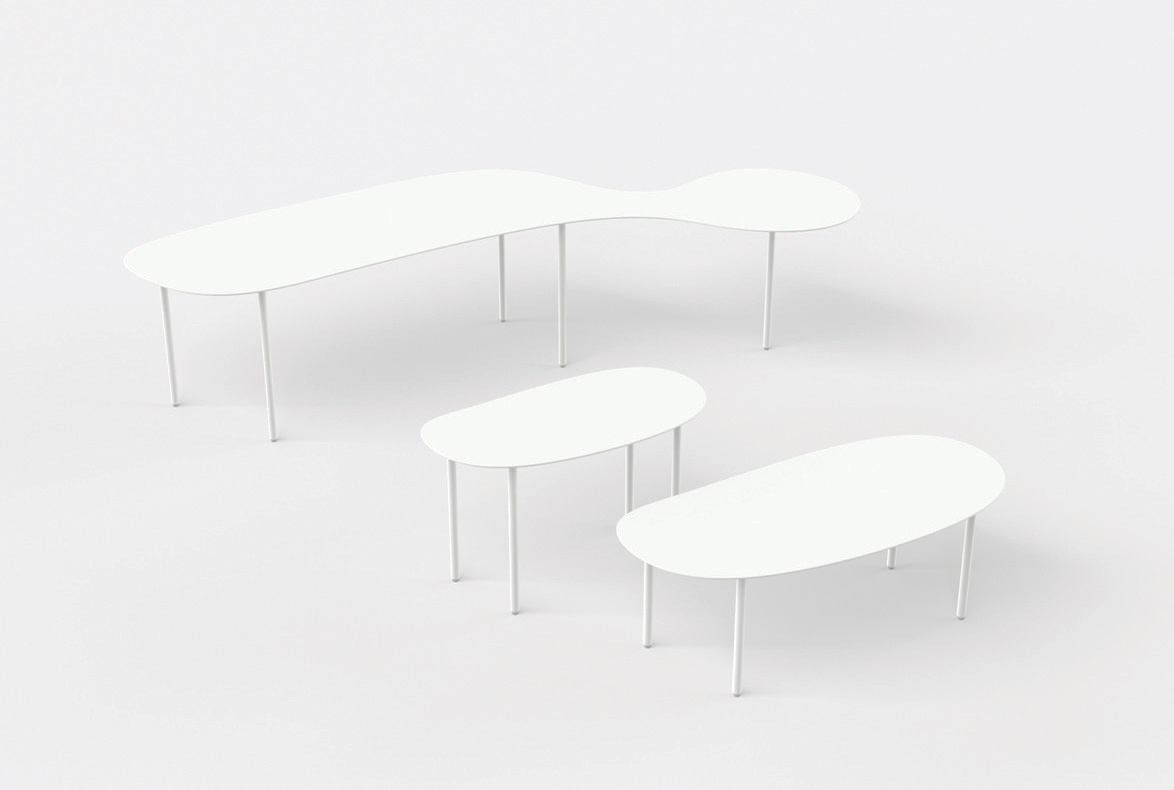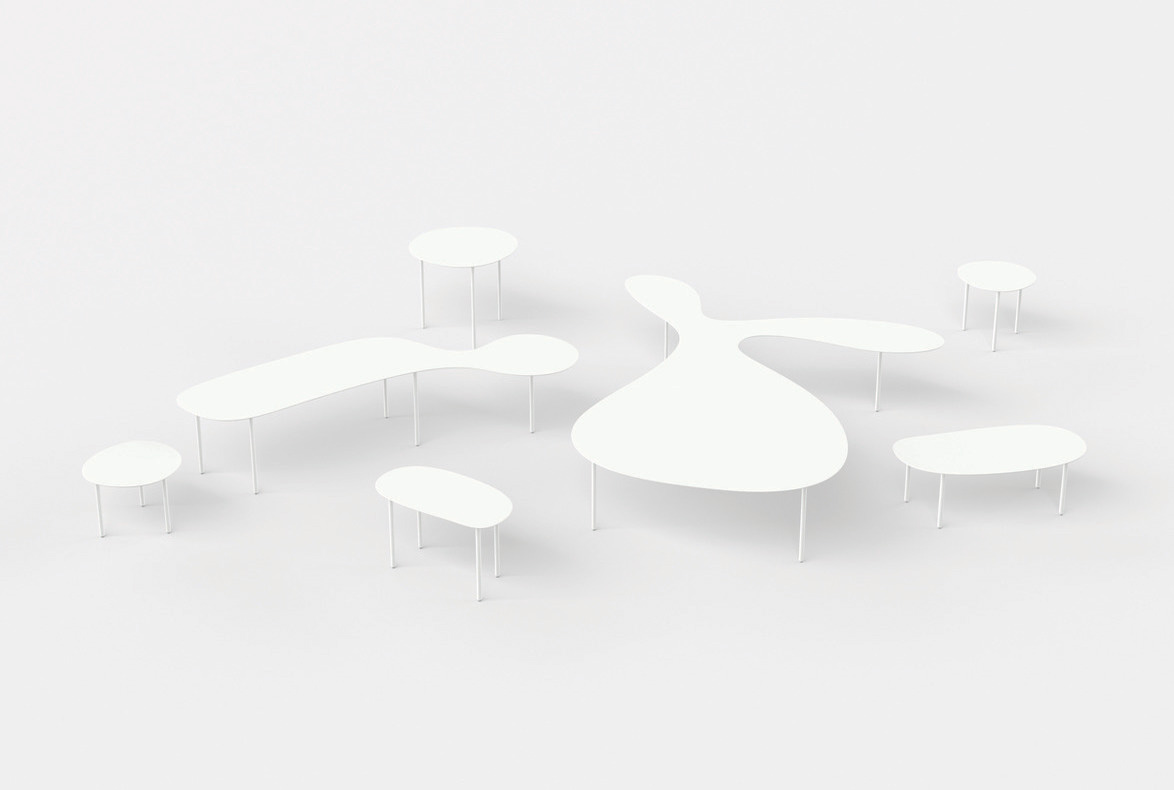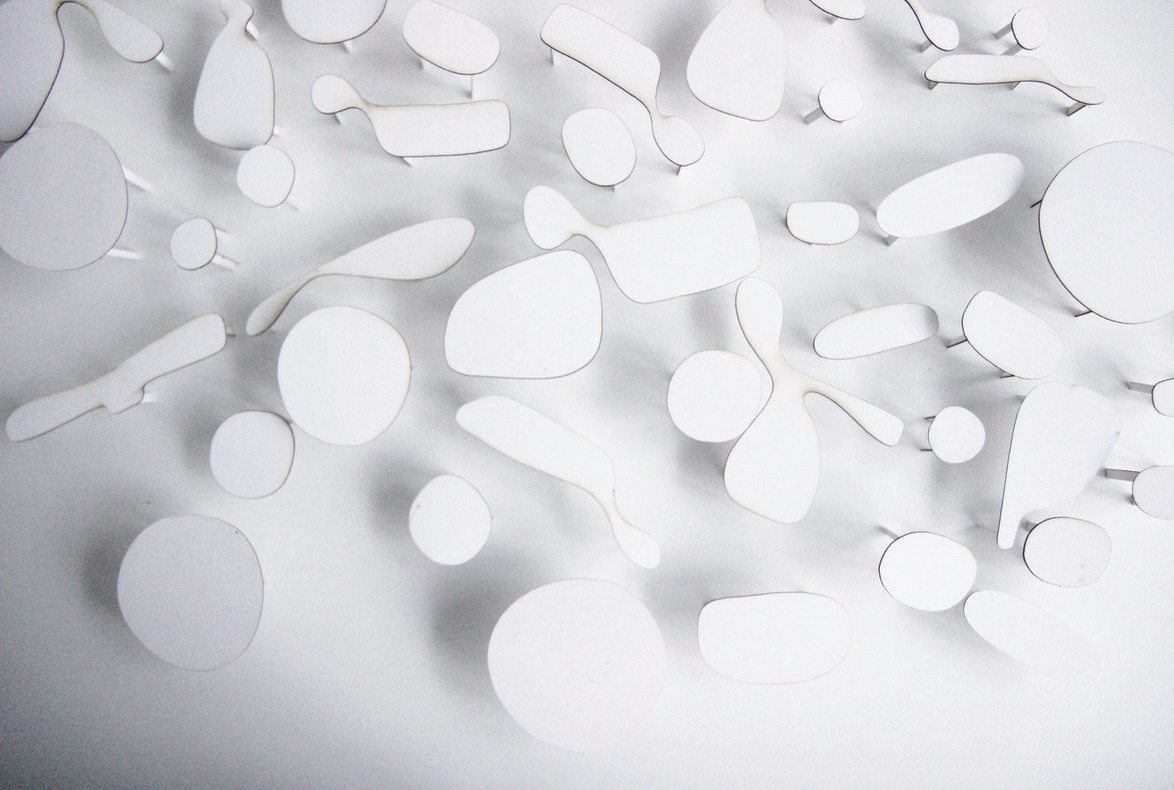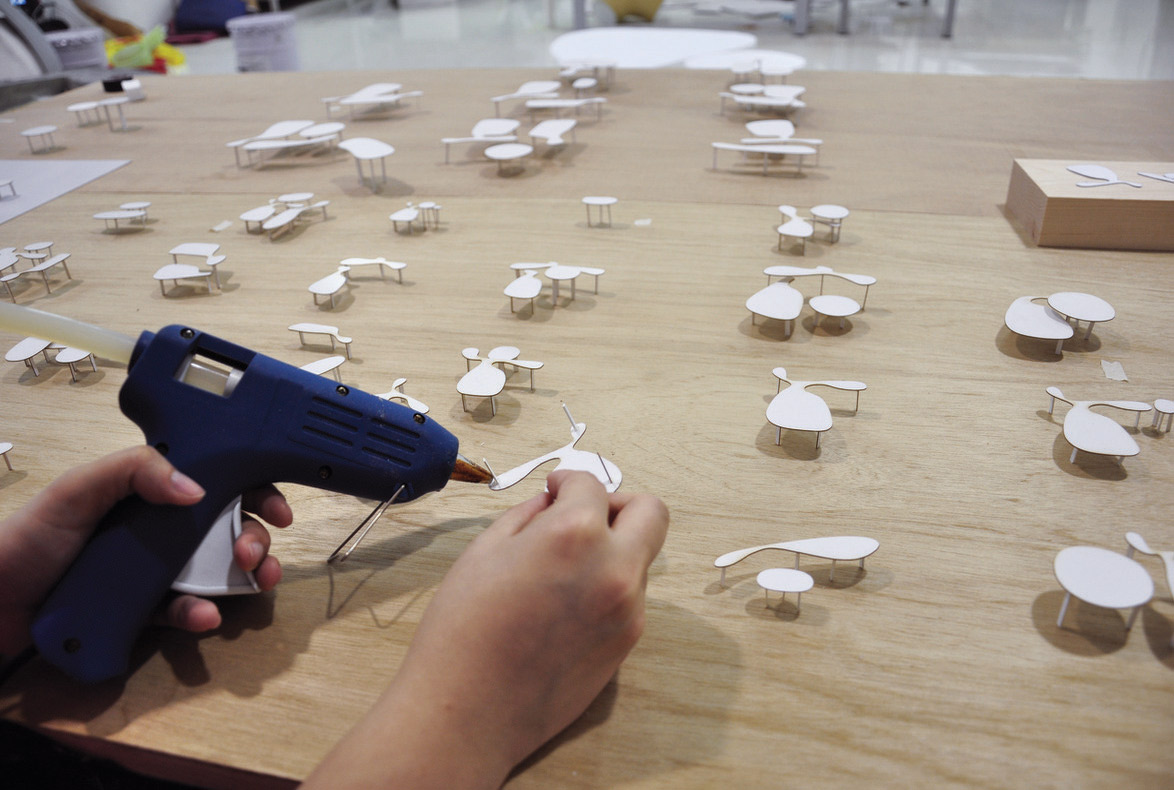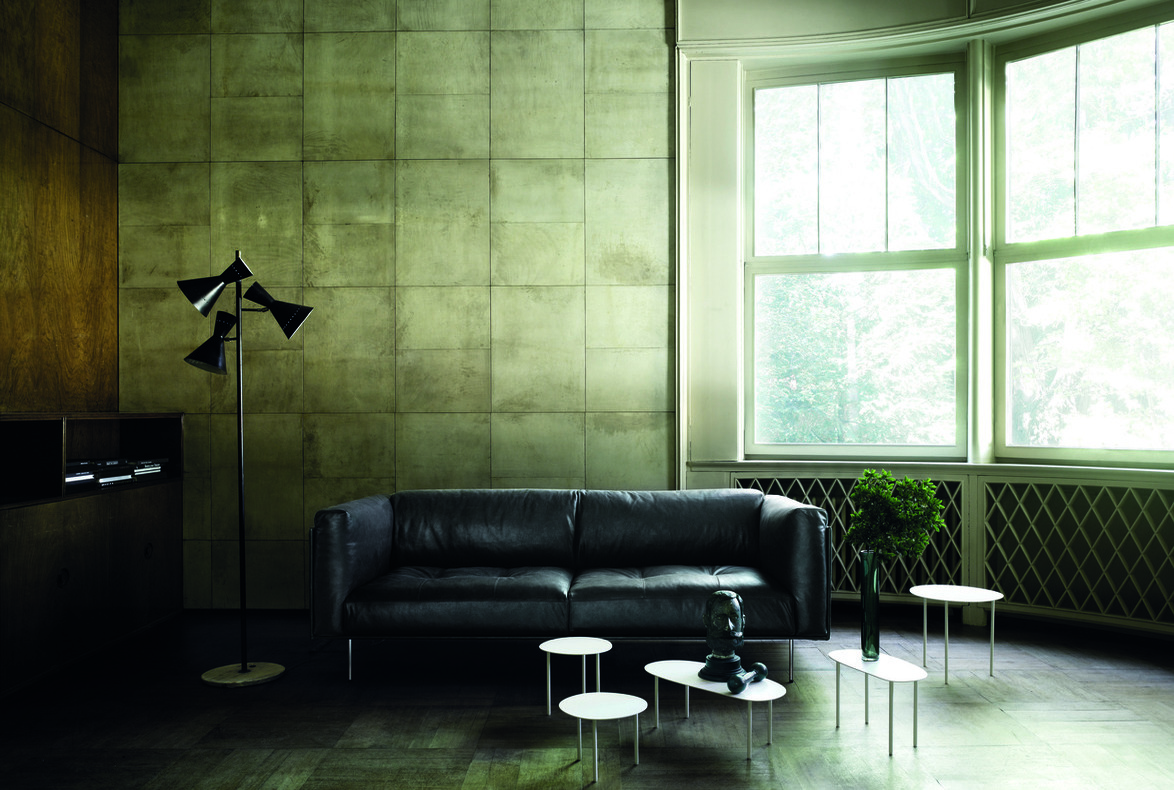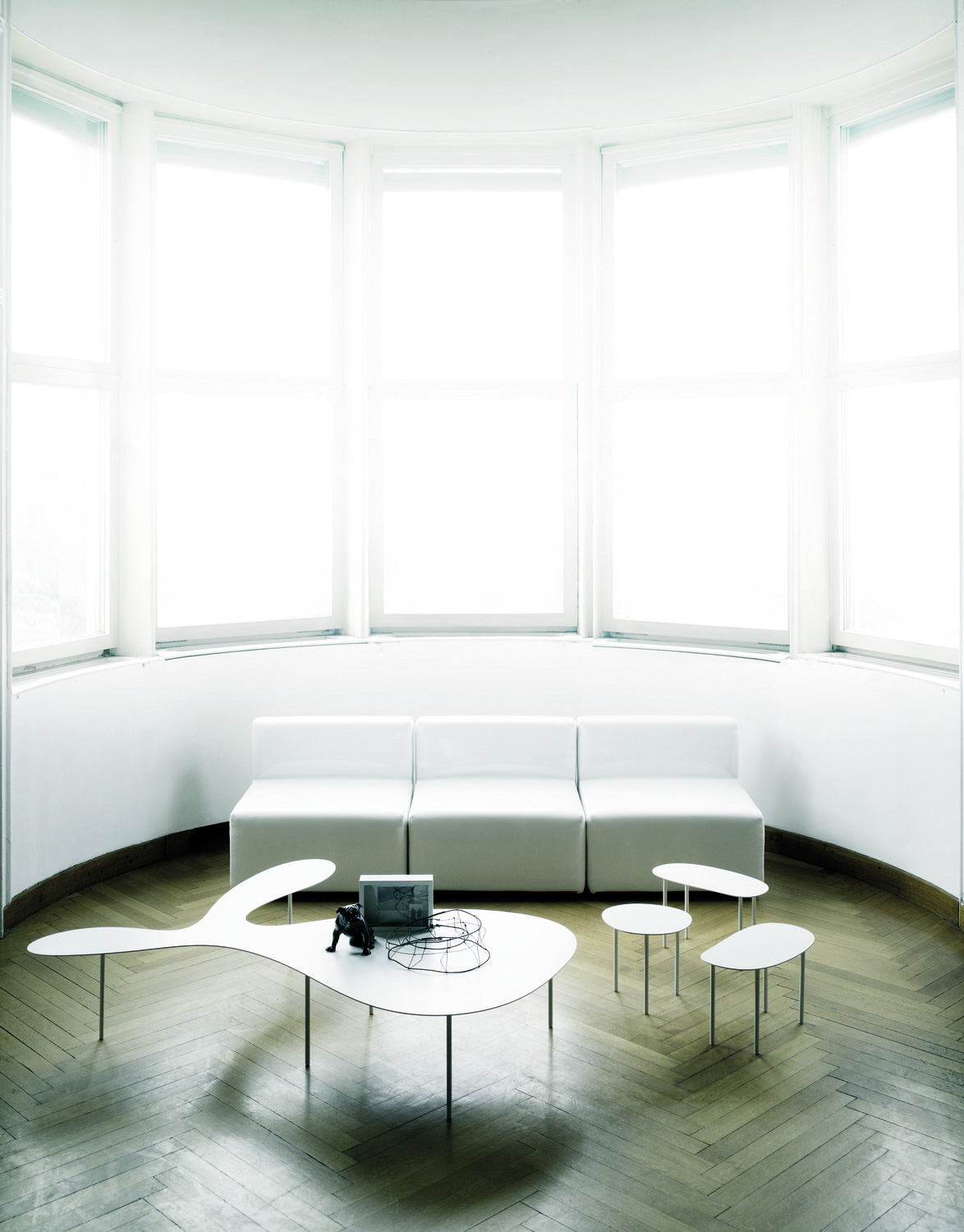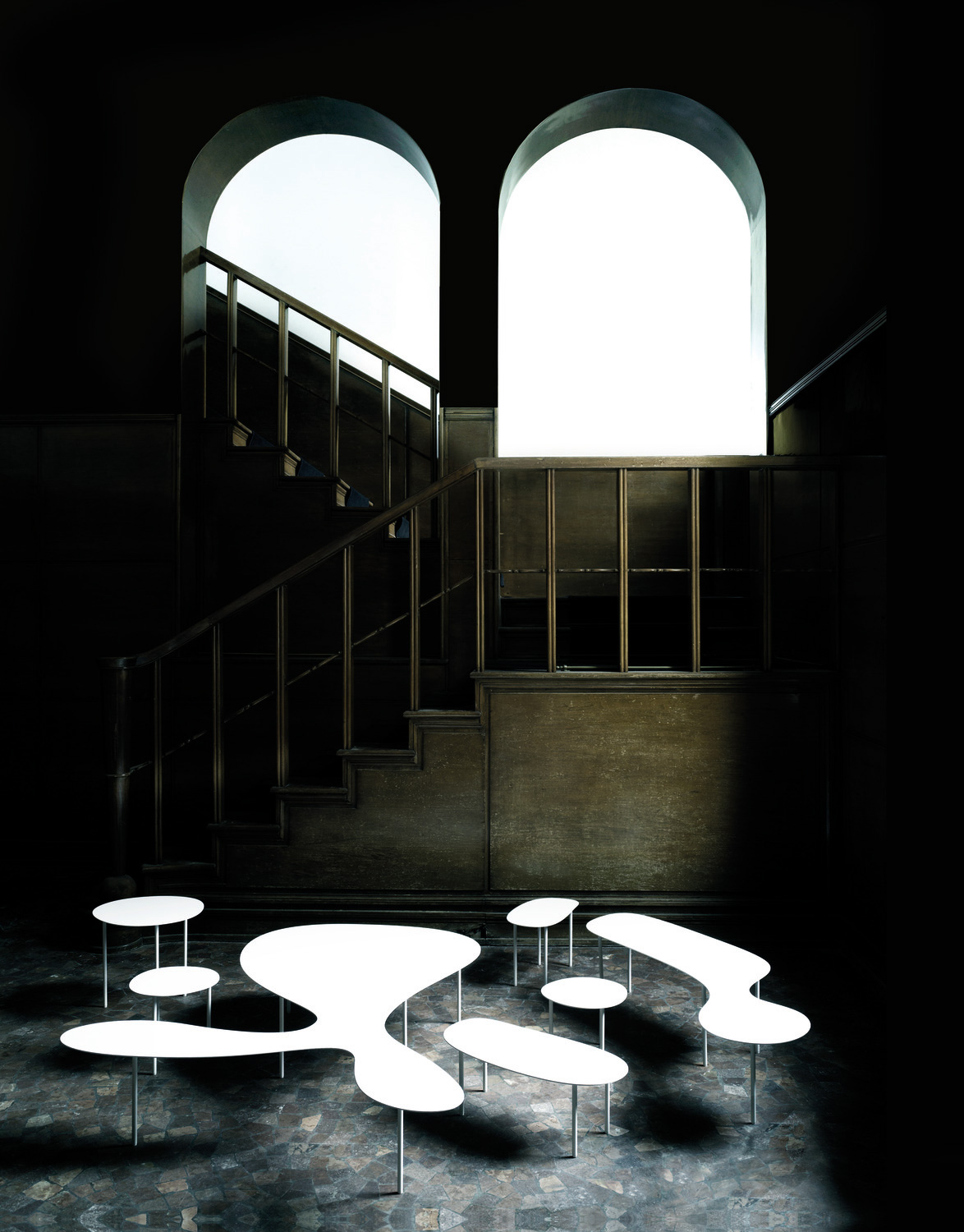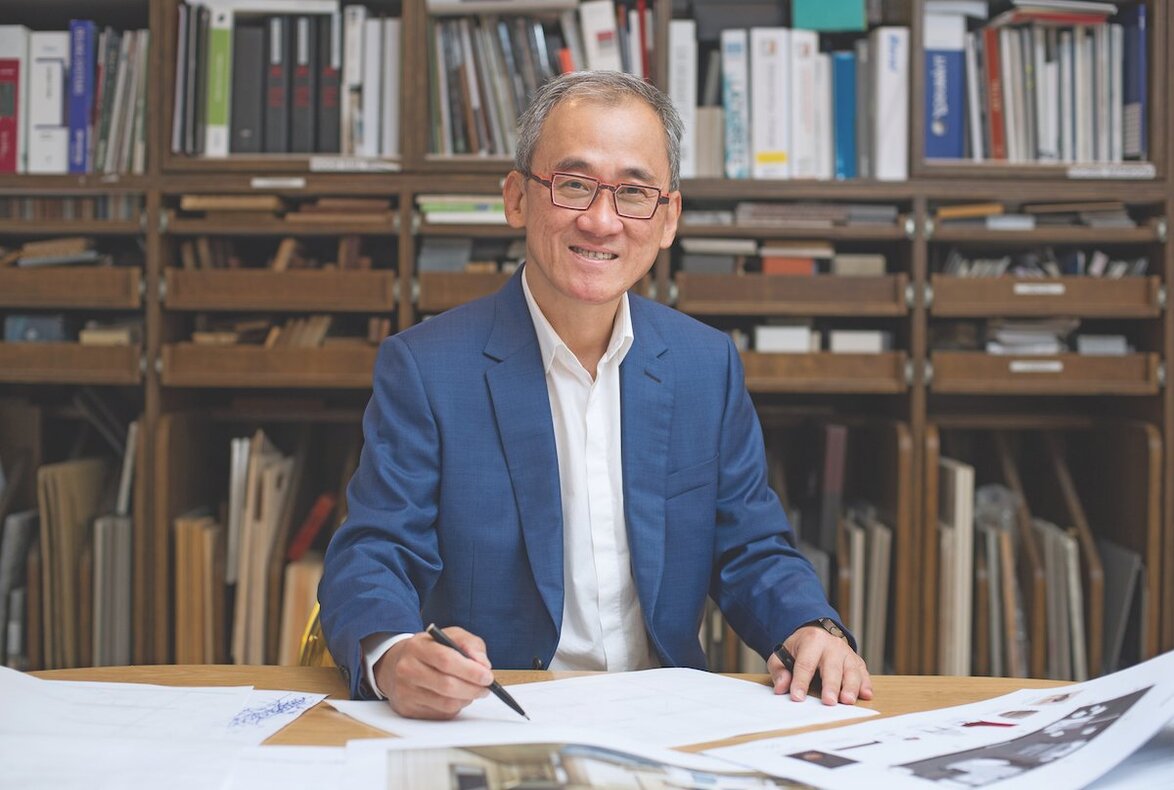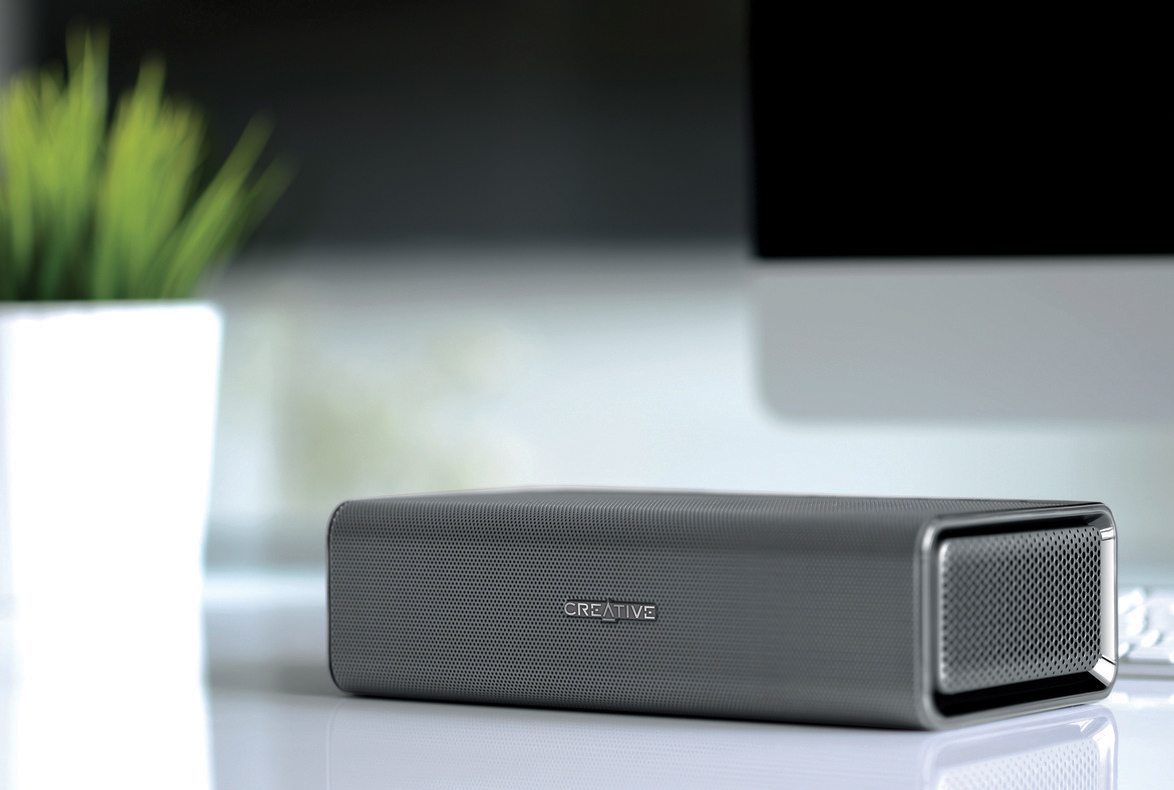DESIGN OF THE YEAR 2014
Rabbit & The Tortoise Collection
Studio Juju
CONTACT
[email protected]
Playfully titled, Rabbit & the Tortoise Collection, this family of seven tables with fluid forms and varying sizes gives both interiors and exteriors an atmosphere that recalls happy childhood days filled with different animals and shapes. Studio Juju’s Timothy Wong and Priscilla Lui created them as objects with “pure aesthetics and poetry” using a free-spirited approach.
“The visual quality of the tables is one of lightness in spirit and finesse in sensibilities. The sinuous forms of the tables challenge our perceived notions of table typologies. Beyond the imaginative shapes and joyful disposition of its childlike appearance, the enjoyment also lies in the energy of its ever changing composition that afford various uses, thus always meeting the needs of the context it finds itself in”, Timothy explains. “Many of the sketches and doodles that we love to draw have a similar trait – shapes that delight and seem to move”.
The collection’s circles are not exactly round, its rectangles are slightly more elongated and have a slight curl, its asymmetrical forms seem to move, and many of its soft shapes appear to float. All the pieces can be grouped in one cluster to create an eye-catching focal area of undulating surfaces, or each can be individually parked in corners or even by the side of sofas like secluded islands.
Crafted from 3mm laser-cut sheet steel with epoxy powder coated white and black, they come with legs in tubular steel mounted separately and can be flat-packed. The outdoor version has cataphoresis coating. During their development, Studio Juju transformed sketches into paper models through the exploration process. “The act of making small models allows for deliberation and discretion”, says Timothy. The small models were then translated into full-scale mock-ups before being manufactured.
The collection’s greatest functional value is its “freshness”, according to Timothy. After all, its creators designed the pieces “to respond to the living area with a different pair of eyes”. They can make a difference to people’s lives as they offer a new perspective on the living space. “By not subscribing to the usual typology that prescribes itself to the living space, Rabbit & the Tortoise Collection speaks a new language”.
First presented as prototypes at the Salone Satellite, Milan, in 2009, the Rabbit & the Tortoise Collection caught the eye of established Italian furniture maker Living Divani, which developed and presented it at the Milan Furniture Fair in 2012. The collection was launched commercially in fourth-quarter 2012 and is now distributed worldwide.
About the Designer
Studio Juju was born when Timothy and Priscilla teamed up in 2009 to practise design in furniture, products and spaces. They picked the name Juju for its Japanese meaning: “to give and receive”. It is an apt description for their teamwork.
“To work together, it is important to listen to each other and to respond”, says Priscilla. Timothy and Priscilla view their design practice as freedom to explore. Adopting an approach that is fresh and optimistic, they consider each project a union of simplicity and warmth, functionalism and whimsy, refinement and relevance.
The pair’s first collaboration as Studio Juju was to take part in the Salone Satellite exhibition in Milan, where Rabbit & the Tortoise Collection was one of the designs displayed. The set of visually appealing and inspiring tables came about as a result of the designers’ fondness for “creating sketches of soft shapes”.
Says Priscilla: “We think there is an imaginative quality in those drawings. We thought the shapes create a nice composition of landscapes and imagine them moving around one another”. Since the success of Rabbit & the Tortoise Collection, Studio Juju has collaborated with clients such as Living Divani, Desalto, W Hotels, Foundry, Industry+, the Land Transport Authority of Singapore and OCBC Bank. It has also exhibited internationally and has been featured in major design publications and newspapers such as Wallpaper*, Surface, Monocle, Case da Abitare, Habitus, Axis and Asian Wall Street Journal.
The studio has also received many accolades. Design Miami named it Designers of the Future. It received the Design Report Award of Salone Satellite in Milan, and was selected as one of 15 international designers to represent the Salone Satellite 15th Anniversary in 2012.
Designers constantly reflect on their everyday lives, the environment, decisions and choices, Priscilla notes. “Sometimes we get too harsh and become critical of everything that exists around us. Since design is everything to us, we have to understand that this is our conviction and use it as a positive trait”.
The President’s Design Award, Priscilla feels, has created an awareness of design and rewarded design practitioners with a level of prestige. “Through the creative presentation of Singaporean designers and their works, it has opened people’s eyes to and changed attitudes towards beauty [and developed] sensibility and empathy for the non-absolute. Different perspectives will generate debate and dialogue, and standards will only get better”.
DESIGNER
Studio Juju
Timothy Wong
Priscilla Lui
DESIGNER
Studio Juju
Timothy Wong
Priscilla Lui
1RABBIT & THE TORTOISE COLLECTION
Rabbit and round shape tables
(Photo by: Studio Juju)2RABBIT & THE TORTOISE COLLECTION
The Tortoise and long shape tables
(Photo by: Studio Juju)3RABBIT & THE TORTOISE COLLECTION
(Photo by: Studio Juju)4RABBIT & THE TORTOISE COLLECTION
Sketches are traced and laser-cut into small models
(Photo by: Studio Juju)5RABBIT & THE TORTOISE COLLECTION
Making small models with legs to compose families of tables in various heights; (above) Sketches are traced and laser-cut into small models
(Photo by: Studio Juju)6RABBIT & THE TORTOISE COLLECTION
(Photo by: Studio Juju)7RABBIT & THE TORTOISE COLLECTION
(Photo by: Studio Juju)8RABBIT & THE TORTOISE COLLECTION
(Photo by: Studio Juju)Insights from the Recipient
“Our value as designers is to make living better. Try everything, learn everything, and embrace serendipity.”
Citation
Jury Citation
Nominator Citation
WENDY CHUA
DIRECTOR
OUTOFSTOCK PTE LTD
This elegant collection comprises coffee tables and side tables constructed from 3mm-thick laser cut, polycoated steel, with stainless steel legs that are discreetly threaded into the base of the table. This design feature allows for flat packaging and ease of shipping. The project gained its designers international recognition from an Italian manufacturer and is an inspiration to other young Singaporean designers.
The design exudes a poetic elegance reflective of its designers’ approach. Despite its minimalistic form and simplicity, the product applies well to both an indoor and outdoor space. The simple, child-like quality allows for many possibilities of arrangements.
The execution of the design demonstrates the delicate sensibility of the designers and the end result is a complementary accent to the surrounding environment.
The Jury praised the beauty that lies in its versatility, and its ability for integrating with other furniture, bringing a sense of lightness and energy to a space. This project re-examines the typology of coffee tables and offers a fresh, alternative perspective.
Under the weight of austerity, the role of design in improving the lives of people has been greatly emphasised and many ask the question: “How has design evolved in the face of a crisis?” In Europe, the most limiting constraints of a crisis have often led to research on new materials, invention of new production models and reinterpretation of old typologies. Singapore, in the centre of Asian design, must find icons that illuminate new ideas on design in this climate of change. We live in constant flux. Space is sparse and its function fluid. Furniture typologies that restrict themselves to prescribed uses of space no longer fit today’s living. We need new typologies that open up fresh possibilities. A table is at once the centre of a communal gathering, the solitude of a lone dweller, and the architecture for playtime.
Designed for Living Divani, Rabbit & the Tortoise Collection exemplifies such a redefinition of l’art de vivre. Beneath the surface of its formal simplicity and pared down materials, the set of tables challenges our preconception of prestige and way of living. The tables in this collection, with their different shapes, heights, and curves that afford various uses, always meet the needs of the context they find themselves in. Like the movement of water and islands, our intuitive behaviour within the architecture of spaces finds solace in the fluid interaction surrounding the tables.

